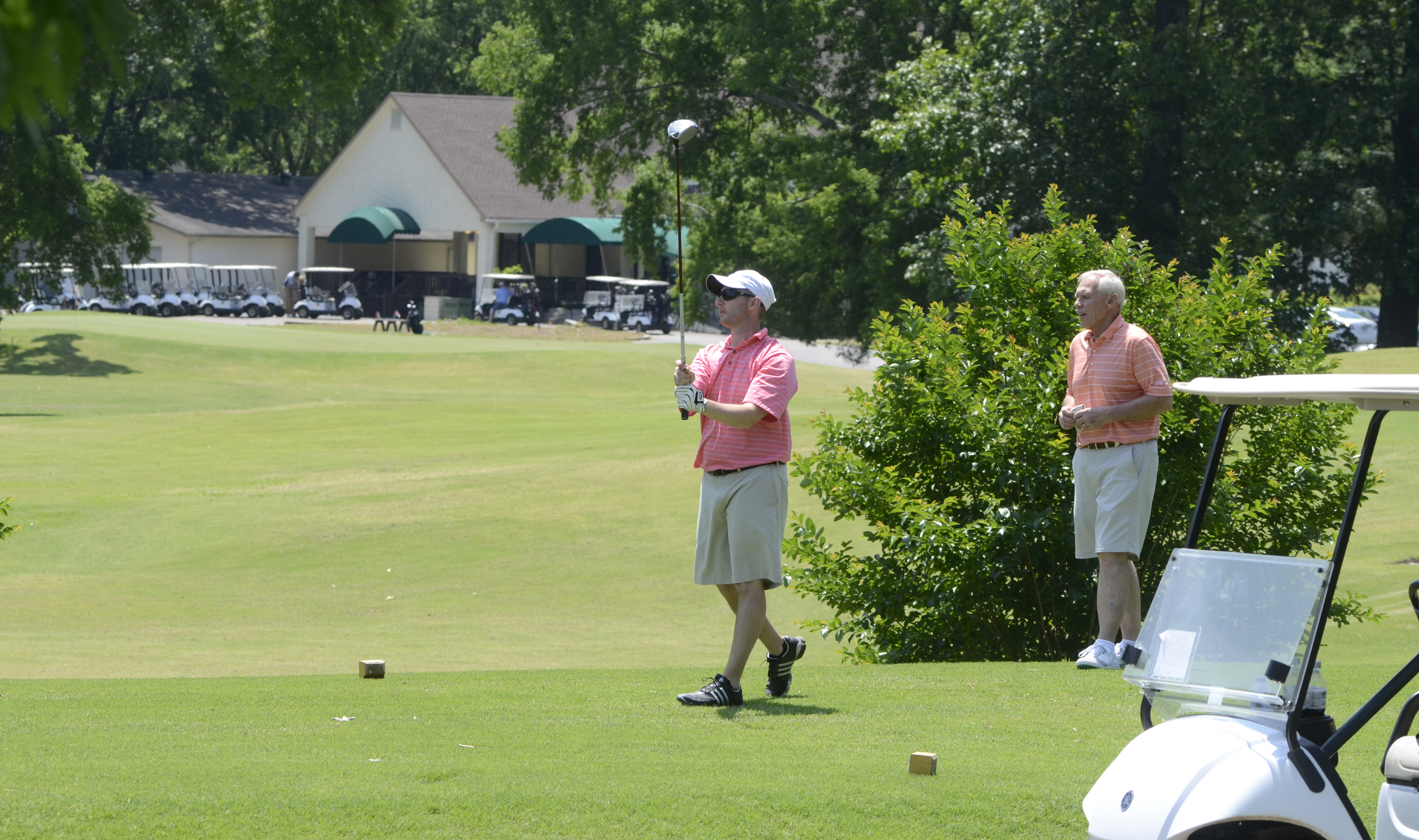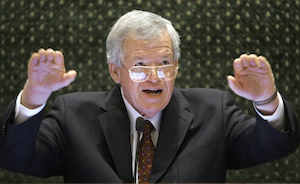Chattanooga is going to remain in the golf business.
After a review of finances of the two city-operated golf courses -- Brainerd Golf Course and Brown Acres Golf Course -- Mayor Andy Berke proposed to the city council Tuesday that the courses continue to be operated by the city while shifting the course funding into the city's general fund to bring it into line with other city departments.
"When I came into office, I pledged to review all our assets to make sure that government was running efficiently and effectively, and we've done that," Berke said Tuesday afternoon. "The golf courses were certainly a question as we began our investigation, but it became clear over time that the community valued them and financially they were an asset rather than a liability."
On Tuesday night, the council took up the mayor's proposal for the courses and voted 7-1 to approve the ordinance. Councilman Jerry Mitchell voted no, while Councilman Chip Henderson was absent.
In August, questions were raised by some on the council who felt that the courses were a drain on the city's finances and could be better run by an outside firm. A review of the books showed that the courses were pulling their weight financially, producing an estimated surplus of about $144,000 for fiscal year 2013/2014. In the 2012/13 fiscal year, residents and visitors played 64,425 rounds of golf at the two courses, and those golfers made their voices heard.
Chattanooga deputy Chief Operating Officer Brent Goldberg said public input on the fate of the courses also played a role in determining the direction Berke's administration decided to go.
"We've received a lot of feedback from citizens in the community who have emailed and called the mayor's office talking about how valuable these assets are for the city" he said. "It's evident to us that they provide affordable golf opportunities for citizens of all ages and income levels.
"We just want monitor the courses, just like we do our departments and everything else, and make sure they remain self-sustaining."
The city's other municipal course, Moccasin Bend Golf Course, is jointly owned by the city and Hamilton County and run by a third-party firm. That company pays each government $60,000 per year to operate the course under a 15-year lease that runs through October 2020.
Eddie Taylor, Chattanooga's director of golf courses, was not surprised by the scrutiny from the Berke administration and felt confident of the value these assets provide to residents.
"The city started doing this back in 1991, and it's always been our goal to operate like a small business and be a value golf experience for visitors and our citizens," he said. "I think that's why so many golfers told the city what they thought about us and that the value was there."
Emma Brown, president of the Brainerd women's golf association, made sure Berke was aware of how important the city-owned courses were.
"We started a letter-writing campaign the minute we found out that the city was even considering turning over the maintenance of the city-owned courses to a private, for-profit entity" she said. "We hated to see the city [potentially] lose control of what we consider a valuable asset to the city of Chattanooga."
Brown and others sent hundreds of letters and emails to Berke's office encouraging the city to maintain control of the courses, an effort that seems to have paid off.
First Tee of Chattanooga provides golfing opportunities to young people who may not have the means to learn the game, and executive director Kathleen McCarthy said the city courses are a big part of her group's efforts, with a $5 weekday youth fee helping make golf affordable.
"From a junior golf perspective, they've had a junior golf fee for as long as I've remembered, And that's really helped promote the game," McCarthy said. "When we started First Tee, we didn't even ask them for a lower fee because they already had such a good fee for juniors, so that's a great thing."
"There are quite a few kids who would not have the opportunity to learn to play or learn the game and all the values that go along with it without those facilities that the city owns."
In the email to the city council proposing the budget amendment to maintain the golf courses, Goldberg highlighted affordability of golf for residents and the use of courses "as meeting places, where neighborhood and civic organizations can host community events" while also assuring coucil members that the mayors office will continue to monitor operations of the courses to "ensure they are sustainable and that we improve upon this valuable asset."
Berke said that the city's municipal golf courses are just another piece of the city's growing reputation as a regional showcase for outdoor activities for people of all ages and walks of life.
"We are developing a unique brand as a city, because of our outdoors and sports," he said. "With Ironman, US Pro Cycling and Head of the Hooch, we have premier events. I want make sure that Chattanooga's citizens are connected to the sports and outdoors and it's not just an amenity for outsiders to enjoy.
"These golf courses provide a real opportunity for people across our city to have an affordable sports experience."
As one who makes use of these courses on a weekly basis, Brown feels the city should do more to promote the city courses and take advantage of the historic value of the Brainerd course, which features nine holes designed in the 1920s by noted course designer Donald Ross.
"There's a quality-of-life issue here as well. ... If the city just used what it has here in terms of history architecture. The city should just use this in the literature to market Chattanooga to potential businesses. It's just one more nice feature that the city can offer."
Staff writer Joy Lukachick contributed to this story.
Contact staff writer Jim Tanner at jtanner@timesfreepress.com or 423-757-6478.


